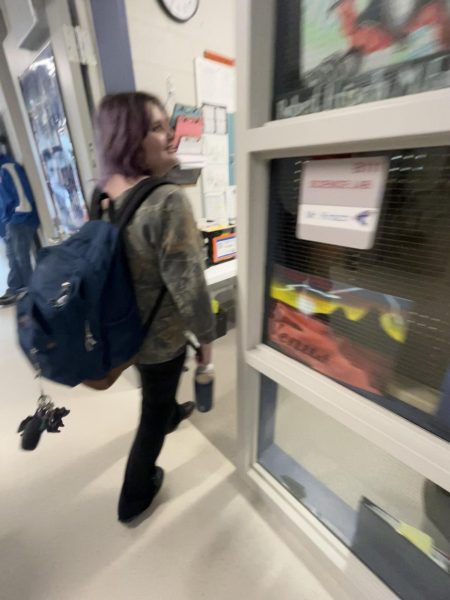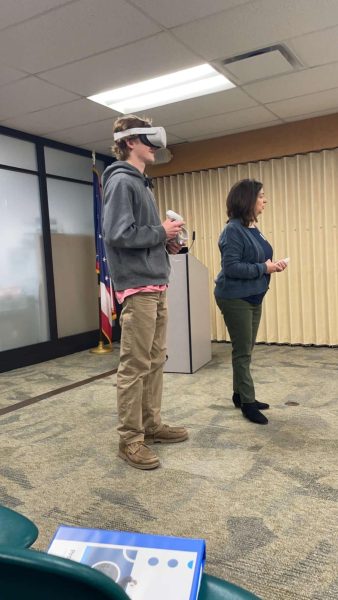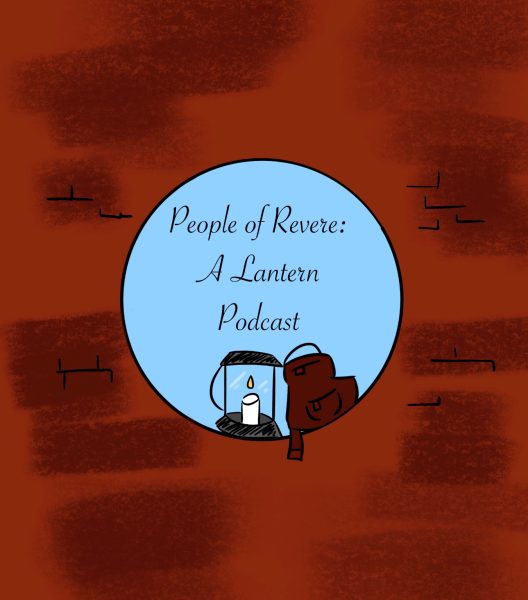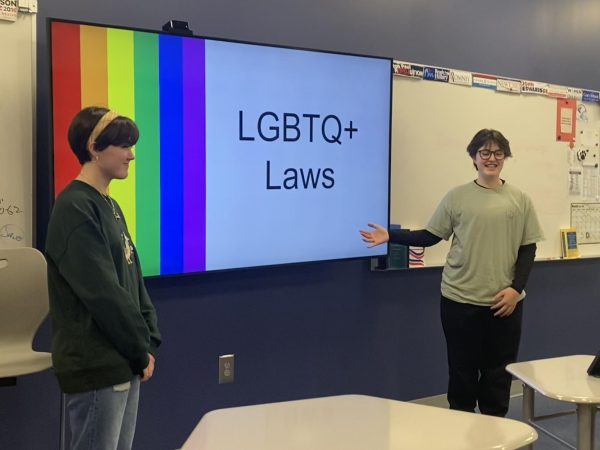NMSC announces commended scholars for PSAT
The National Merit Scholarship Corporation (NMSC) announced the commended students in addition to the semifinalists who surpassed thousands of other students taking the PSAT.
Multiple students from Revere reached the top 50,000 scores of the roughly 1,600,000 students who entered the competition, divided into commended students and semifinalists. Seniors Alec Johnson, Matt Lerner, Gavin Lewis, Goodman Li and Nate Mullaly all earned the designation of commended student. Seniors Sydney Borcherding, Shreya Datta, Jason Fan, Paige Fritz, Peter Koutrodimos, Sophie Paxton and Alexa Shin previously earned the designation of semifinalist. Public information coordinator for NMSC Katy Wheat explained the distinction.
“These students scored really highly on the PSAT or NMSQT [National Merit Scholarship Qualifying Test]. Every year what we do is we recognize the top 50,000 scores. 34,000 of those are commended students, which means that they show a lot of academic potential; we like to recognize them for that,” Wheat said.
The PSAT covers reading and math through two sections of the test, in which each section has a maximum of 760 points possible. The questions cover everything from reading analysis to algebra, but students have to maintain perspective as they work in order to finish the test on time.
To score the tests and determine eligibility for the program, the NMSC doubles the sum of scores on the reading, math and writing sections of the PSAT/NMSQT. Therefore, the award focuses on individual achievement and accomplishment, as stated by Wheat.
“What we like to do is identify and recognize academically talented students in the United States; we like to promote higher education at every level,” Wheat said.
The students who achieve this recognition need to utilize perspective throughout the test. Each student must understand the relatively small weight of each question and instead focus on doing well overall. Lerner cited one of his best strategies for dealing with difficult sections.
“It’s easy to lose focus and slow down, so I try really hard to not let myself do that; then I have time to go back and check,” Lerner said.
Johnson shared a similar strategy for tackling the tougher portions of the test.
“I read the question and skim over the important parts; if it’s an easier question I’ll move on and check it if I have more time later; if it’s a harder question or a lot to think about in the problem, I make time for the ones that I know how to do,” Johnson said.
Preparation before the test also leads to a successful perspective during the test. Li recommended “reviewing missed questions, categorizing them, and working on each category” on practice tests. Practicing helps students improve with both the time limit and the difficulty of the problems for the PSAT and other tests.










